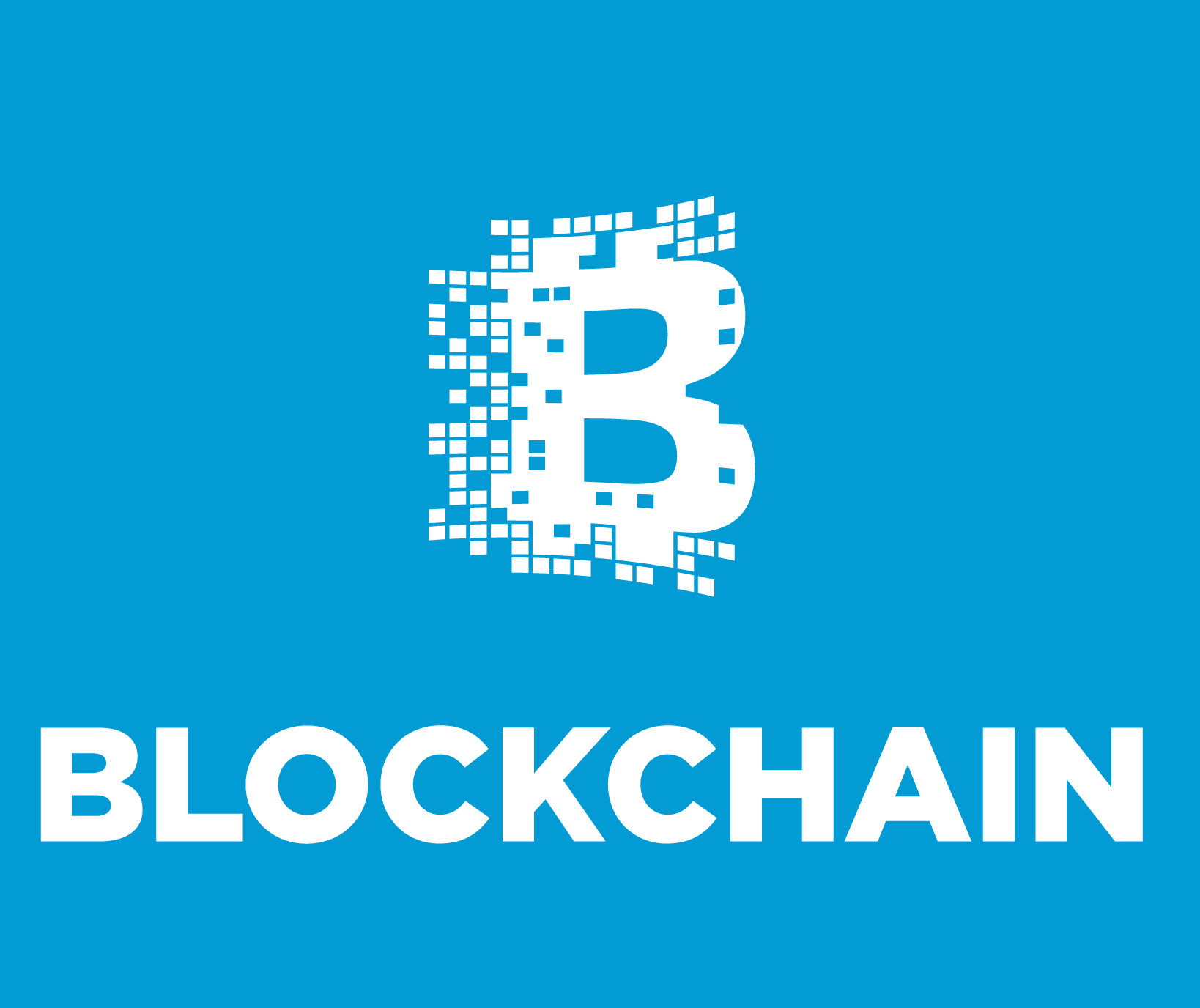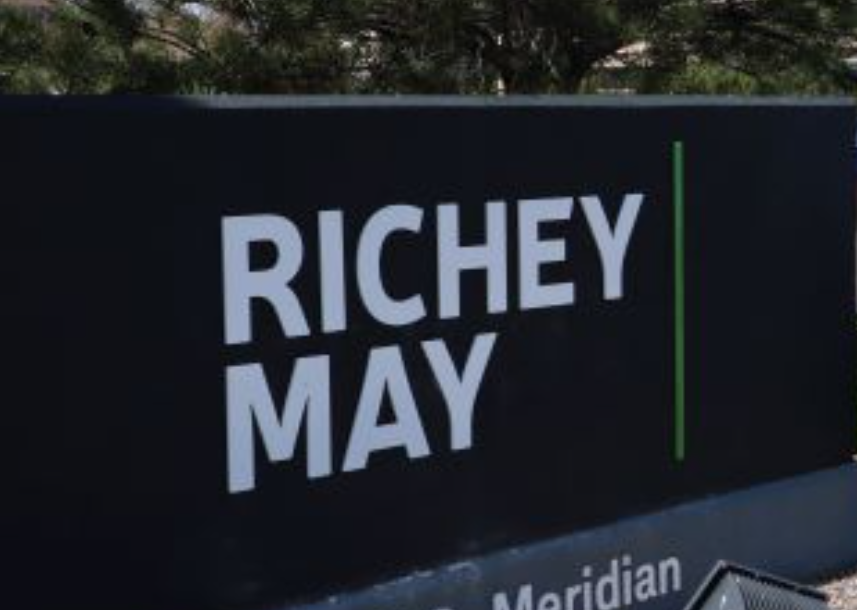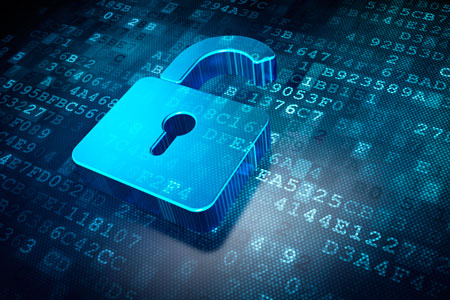From the August 2018 Issue.
Blockchain seems to be everywhere in the press and conferences related to accounting. There is clear merit to this coverage and blockchain is a technology with long-term importance. Applications have only been developed in few pilot projects, and there is much work to be done before the applications have broad applicability. We are going to intentionally set aside more in-depth discussions of cryptocurrencies in this article and will cover that topic in a future column.
The AICPA has been following and promoting blockchain in accounting, convening a symposium on the topic on May 1, 2018 and has follow-on observations and regulatory recommendations for auditing, accounting, tax and other application areas. The Wall Street Blockchain Alliance is involved with the AICPA and there are many powerful industry organizations involved with these efforts. There are also efforts all around the world, but the hotspot for blockchain and cryptocurrencies are in Zug, Switzerland because of the lack of regulations and restrictions on privacy. Another organization, AuditChain, is supporting a consortium known as DCARPE, and part of their strategy is to hook accounting products from QuickBooks to SAP to a blockchain technology that can be reported using XBRL techniques. The current blockchain leaders include Ethereum and HyperLedger, but we are sure there will be more competitors with additional features.
Blockchain is a data technology that provides a secure, distributed database, that is created by hash algorithms run on a distributed set of computers. There are a number of blockchain algorithms available as well as many under development. The concepts have been clearly explained in columns earlier this year by columnist Brian Tankersley. The Five fundamental concepts: Tokens, Transactions, Nodes, Hashes, and Blocks are all used in the developing the the major types of blockchains including public blockchains and private blockchains, and applications of the blockchain like smart contracts.
Attributes of blockchain-based ledgers include, but don’t necessarily possess all of the following:
- Shared ledgers, to get a single source of the truth
- Secure, tamper proof (extra security)
- Permissioned, with participants identity
- Private, an unlinkable identity
- Audit-able, to prove identity and ownership
- Consensus, a modular protocol
- Smart Contracts, with business logic
- Digital Assets, as a record repository
- Confidential, with permission control
- Viable, should have a 100+ year architecture, just like archival paperless documents
Like all of the emerging technologies we have covered in these emerging technology columns, blockchain has pros and cons.
On the positive side:
- Blockchain is simply a distributed, secure database
- Five fundamental concepts need to be understood: Tokens, Transactions, Nodes, Hashes, Blocks
- There are two major types: Public and private with a variety of uses including smart contracts, cryptocurrencies, shipping, medical records, more
On the down side:
- There can be audit control issues
- Who controls the blockchain can be an issue
- How do you validate signatures, timestamps and that the blockchain is complete?
And there are clearly some risks:
- Speculative Value. The valuation of most public blockchains (including cryptocurrencies) can vary widely and change quickly. The valuation of cryptocurrencies can easily change +/- 20% in a given day.
- Regulatory & Compliance Risk. There is no regulation or consumer protection on blockchains. This might disqualify some organizations from embracing this technology.
- New Technology. This is cutting edge technology that does not have decades long proven track record of success. Users must accept and be comfortable with the risks.
- Privacy. All transactions on a public blockchain are public.
- Security. While the technology itself is secure, it heavily depends on the user to follow best practices. There are no institutional or regulatory safeguards in place like at a traditional financial institution.
- Money Laundering. As transactions are anonymous and unregulated it can be used to launder funds around the world.
- Tax Evasion. It is virtually impossible for taxing authorities to enforce local tax regulations.
- Black Market. It is the currency of choice for black market goods.
- Valuation. The instability of the cryptocurrency price makes it difficult to use in real world business transactions.
At the end of the day, blockchain and cryptocurrency are cutting edge technology that are in their infancy. Compare your thoughts about the Internet in 1996 to your thoughts about it today. This is a long-term technology that will take 5+ years to gain mainstream adoption but has the possibility to truly change the world. It has the potential to change financial markets in the same way that the Internet changed communication and commerce in the last 20 years. It is highly speculative, volatile, changing constantly, but is constantly improving. There are measurable successes every year.
Why?
Blockchain can provide security and/or value for making business decisions. The following are characteristics of blockchain:
- Large Variety. There are hundreds of existing different blockchain applications to suit a wide variety of specific needs.
- Fast and Affordable. Conduct business with anybody in the world for next to nothing and almost immediately.
- Secure & Transparent. All transactions are verified and available for examination.
- Resistant to Influence from Governments and Institutions. The power of the system comes from the people using it. This can help prevent external manipulation and minimize inflation.
- Unalterable. In theory, transactions committed to the blockchain cannot be altered by anybody at anytime for any reason. Every transaction in the blockchain is absolutely permanent.
- Speed. Admittedly, there are some growing pains, but the overall speed of transaction processing is fast compared to traditional mechanisms, but may not be fast enough today to be used for high volume transactions like global credit card processing.
- Independent. All users are independent and disinterested parties on most public blockchains. There is no one single entity or person that can control the future direction of the technology.
- Transparent & Verifiable. All transactions and accounts in public blockchains are open for examination and verification at any time.
- Cost. It is relatively inexpensive to process a transaction through a blockchain when compared to traditional systems. It requires no direct hardware expenditure to participate and offers low (sometimes no) transaction fees.
How?
So how do blockchain approaches work?
- Currently, most people use a trusted middleman (e.g. a bank, American Express, etc.) to process a transaction.
- Blockchains allow the consumer and supplier to connect directly instead.
- Using cryptography to keep things secure, a blockchain provides a decentralized database or ledger that everybody on the network can examine. All aspects of a transaction (e.g. date, addresses, amounts, etc.) are public.
- All transactions must be approved by all users (e.g. consensus) before a transaction can be added to the ledger.
- Once a transaction is committed to the blockchain, it is permanent and can never be modified.
What does this mean to the practice of accounting and to accountants? We have several working examples available:
- QuickBooks Online payment processing
o You can accept Bitcoin right inside of QuickBooks online!
o Low Fees. Starting from 0% to get paid in settlement currency. No additional surcharges or foreign transaction fees.
o No Chargebacks. Bitcoin transactions are irreversible. It guarantees on-time funds availability and reduces fraud.
o Quick Deposits. Bitcoin transactions are completed instantly, and local payouts occur the next-day.
o No Exchange Risk. You can choose to receive the exact invoice amount in settlement currency. No currency conversion risk.
o https://paybycoin.intuit.com/
- Credit Card Transactions by Monaco
o A real-world credit card backed by virtual cryptocurrency.
o It will allow you to purchase real world items using cryptocurrency holdings.
o They will offer a variety of cards for every budget and spending habit, from high rollers to budget spenders.
o Low transaction fees and cash back on all purchases.
- Predicting and forecasting by Augur
o Augur combines the magic of prediction markets with the power of a decentralized network to create a stunningly accurate forecasting tool – and the chance for real money trading profits
- Digital Storage by Sia and Filecoin
o Sia and Filecoin are decentralized storage platforms secured by blockchain technology.
o Sia and Filecoin leverages underutilized hard drive capacity around the world to create a data storage marketplace that is more reliable and lower cost than traditional cloud storage providers.
o In a nutshell, you can rent out part of your hard drive space to Sia or Filecoin and get paid for its use.
o Alternatively, you could store information in either blockchain and have it available on any other device.
o https://sia.tech/ or https://filecoin.io
- Digital Identity Management by Civic
o Civic’s Secure Identity Platform (SIP) uses a verified identity for multi-factor authentication on web and mobile apps without the need for usernames or passwords.
o Civic creates a digital identity of a user and stores that information on a public blockchain. That identity can then be used to interact with other 3rd parties.
o That identity can then be used to sign contracts, purchase goods online, sign up for websites, store medical records and much more.
Currently, there are no major accounting applications that directly utilize blockchain for ledger purposes. The best example of tools for accounting that are working today is what is being done by the AuditChain organization. However, blockchain could be advantageous in accounting for many reasons:
- It would allow auditors to verify large portions of important data behind financial statements automatically.
- As all changes to the blockchain are permanent and irreversible, this would be good for sensitive record keeping.
- Blockchain would be good for tracking transactions between organizations. The transactions would be verifiable from both sides of the transaction.
- One concern is the impact of GDPR regulation on the “right to be forgotten”.
Here’s a summary of what you need to know about blockchain:
|
Key Information |
TECHNOLOGY: Blockchain |
|
Why is the new technology better? |
Immutable, distributed, secure |
|
How can you do this today? |
|
|
Risks |
High costs to mine, susceptible to theft |
|
Where/when to use |
Any transaction that needs to have validation |
|
How much? |
No cost to use in most models |
|
When expected in mainstream |
Arriving now outside of U.S., more presence in 3-5 years |
|
Displaced technology or service |
Abstracts and titles, business contracts, currencies, medical records |
|
Other resources |
Implementing blockchain capture and processing into meaningful information is still complex and needs to be simpler.
Recommended Next Steps
Consider what would be meaningful information to secure at the transaction level for your firm or your clients. Don’t be too restricted in your thinking since we believe almost every type of transaction can be secured or augmented with a blockchain. Applications will need to provide a way to satisfy this need. You can follow blockchain developments in various industries directly, or what is happening broadly through the consortiums.
Blockchain processing for businesses still needs some breakthrough applications to make the technology practical and useful. While most applications of blockchains available today have been used with cryptocurrencies, the broader applications in supply chain, serialization, food provenance, medical records, accounting, payment processing, predicting and forecasting, digital storage, supercomputing and research, digital identity management, Internet of Things, real estate, video games, as well as gambling and betting have a great promise for the future. You’ll want to be ready when vendors are with their products. The time to learn is now, but don’t part with your money for applications too soon unless you want to be a pioneer. And you know the old saying, pioneers take a lot of arrows!
Thanks for reading CPA Practice Advisor!
Subscribe Already registered? Log In
Need more information? Read the FAQs
Tags: Digital Currency





